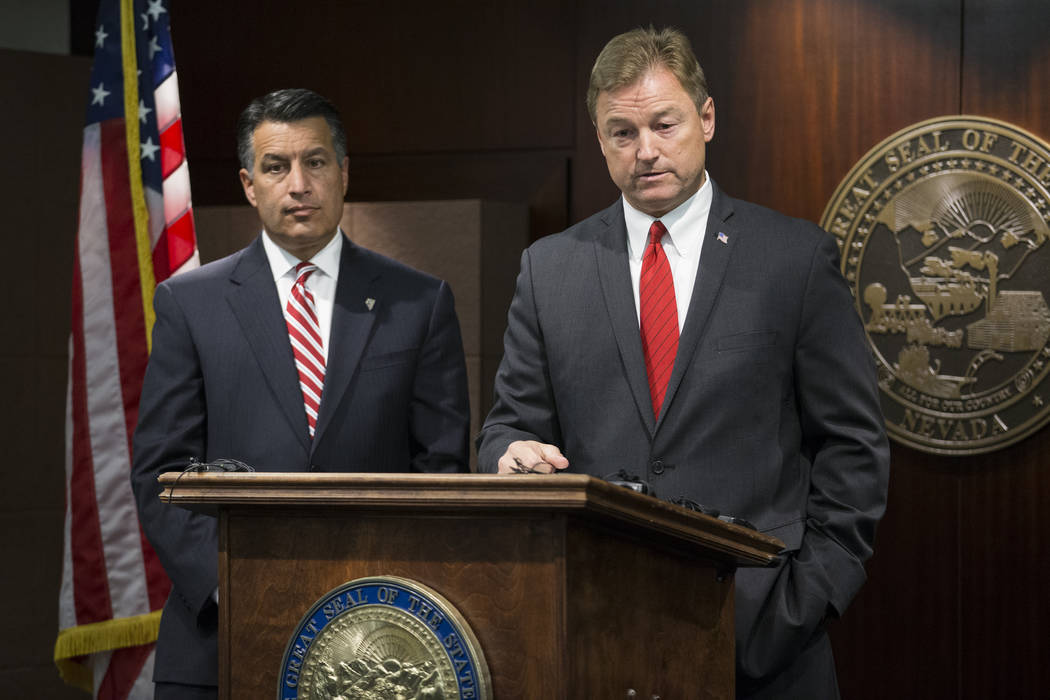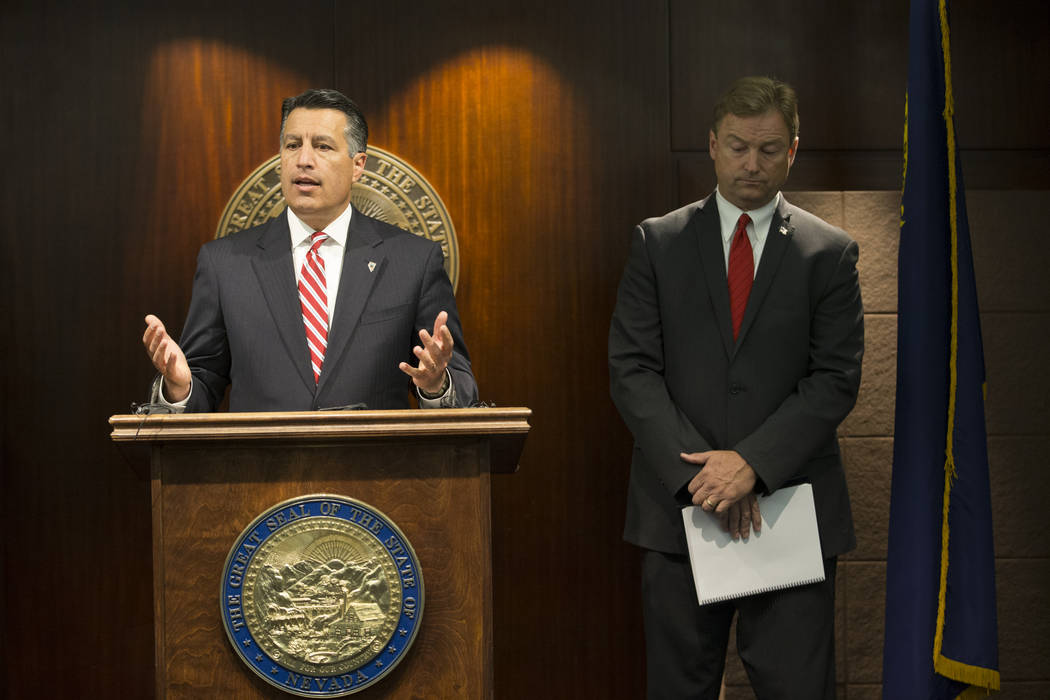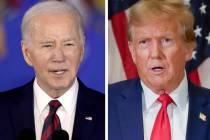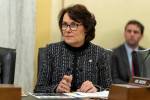Study says Senate bill would halve federal Medicaid funding to Nevada
Health care legislation before the U.S. Senate could cost Nevada half its federal Medicaid funding and leave one-quarter of the state’s adult residents under 65 without health insurance, according to a new analysis.
The report Wednesday by the Washington-based Urban Institute think tank, which assumes Medicaid expansions under the Affordable Care Act would be eliminated over the next five years, estimates that would cost the state $1.7 billion in federal Medicaid funding and add about 328,000 Nevadans to the rolls of the uninsured — a 78 percent increase — over that time frame.
“A lot of the loss in coverage nationally is due to cuts in the Medicaid expansion population and … cuts in the (ACA) marketplace, just like in Nevada” said Matthew Buettgens, a senior research analyst at the Urban Institute’s Health Policy Center and co-author on the report.
States that expanded Medicaid coverage under the ACA — including Nevada — would suffer the biggest Medicaid and Children’s Health Insurance Program enrollment losses compared to non-expansion states. More than four in 10 Nevadans enrolled in the program would lose coverage, the report said.
The report didn’t consider changes in the insured rate and federal or state funding that would occur after 2025, when the Senate bill would put a per capita cap on federal Medicaid funding and tie it to the general consumer price index. But because the CPI’s projected value is more than a full percent lower than the estimated growth of health care costs, Buettgens said states would have to try to find ways to make up the difference.
‘The only things the state can do’
“It’s got to be a combination of raising taxes, cutting enrollees, paying providers less or cutting benefits. Those are the only things the state can do to close the shortfall, and none of those is easy.”
Most of the country’s uninsured under the Senate bill, known as the Better Care Reconciliation Act, would be white, with a high school education or less, the report said. At least 70 percent would be members of families with one or more full-time worker.
“People have various ideas in their head about what Medicaid enrollees look like,” Buettgens said. “But the actual statistics don’t support some of those stereotypes.”
Nevada Assemblyman Chris Edwards, R-Las Vegas, said while the cuts will be difficult for many, action is needed to curb soaring costs under Obamacare. Personally, his premiums have doubled, he said.
“I dare to say that if we don’t fix it, it’s not going to take 10 years for 22 million people to lose their health care — it’ll take about 22 months,” Edwards said. “So something has to be done, and has to be done quickly.”
Under the Senate bill, Edwards said he thinks health care costs will decrease for employers, so more businesses will be able to offer insurance for their workers.
‘Alternative will be catastrophic’
“We can’t expect that everybody across the country is going to be happy with everything in the bill, but frankly millions and millions of people are not happy with what Obamacare became,” he said. “This is a start that we need to make because the alternative will be catastrophic.”
The Urban Institute report concluded that the Senate bill wouldn’t have much effect on most states’ employer-based coverage. In Nevada, only about 1 percent of people would lose insurance through their employers, it said.
Researchers attributed the loss in employer coverage to the elimination of the individual mandate should Obamacare be repealed, Buettgens said.
Nationwide, the Urban Institute estimates about 24.7 million would lose coverage under the Senate’s bill, 2.7 million more than the Congressional Budget Office estimated Monday.
The Senate won’t vote on the health bill until after its weeklong July 4 recess, Senate Majority Leader Mitch McConnell, R-Ky., said Tuesday.
Voters in the state generally don’t favor the Senate bill, though opinions are split across party lines. Nevada Gov. Brian Sandoval and Sen. Dean Heller, R-Nev., held a joint press conference Friday to voice opposition to the bill.
Contact Jessie Bekker at jbekker@reviewjournal.com or 702-380-4563. Follow @jessiebekks on Twitter.
Related
Nevada's health exchange has no carriers lined up for 14 rural counties





























